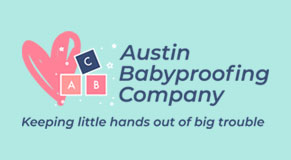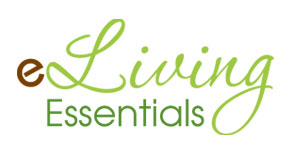WordPress vs. Drupal vs. Joomla: Content Management System Overview

To the average Internet user, the work and effort that goes into a website is something that commands little thought as long as the information or entertainment that they desire is easy to find and use. However, to the people who design and maintain these websites for a living, and to a growing degree the people who hire them to do so, the choice of how the site will be put together can be the difference between success and failure.
When we take a web design job, the first step is generally to choose which one of three major Content Management Systems (CMSs) will be best suited to meeting the customer’s needs and requirements. WordPress, Drupal and Joomla all have their own individual pros and cons, which require a trained and experienced mind to determine which will be the best fit for a given project. As the client, you don’t need to be an expert in any of these terms, and we would never expect you to be. However, it’s always a good idea to a basic understanding of the concepts in order to be able to make an educated decision between web design firms and to protect you from the wasted time and money that will inevitably result from trying to repair or replace a poorly designed website down the road.
So that’s where this post comes in, we’ll give you a brief overview of each, and a little summary at the end, hopefully leaving you with a very basic understanding of these most common CMS offerings and what they are each best suited for, giving you the power to make better informed decisions in the future.
WordPress
Probably the most widely known name among the general public, WordPress has long been a favorite option to small businesses and individuals with little to no programming experience who are simply looking to set up a simple blog or website.
Started in 2003 as a blogging platform, it has steadily evolved over the years into a full featured CMS. It is still primarily used for blogging, and by far the best option for a blog site, but more and more major websites are jumping on the WordPress bandwagon to handle their full websites. WordPress’ interface is by far the simplest and easiest to use for the amateur web designer, and makes for a great option for the DIY approach with a huge variety of themes and plugins, allowing for a nearly unlimited number of customization options to your website. However, WordPress is also the most vulnerable to security issues, being the most widely used CMS it makes for a prime target among spammers.
Drupal
Drupal dates back to 2001, and has long been the favorite of many developers despite its complexity and until the release of Drupal 7 lack of any kind of tools and shortcuts, requiring every element of the website to be coded entirely by hand. More secure than WordPress, Drupal remains the most popular CMS of many government and industry sites.
Even with the advent of Drupal 7, and the huge leap forward in user friendliness that came with it, Drupal is still maintained by a very large community of developers who tend to focus on developing and fixing issues that directly affect themselves, while ignoring problems that may be faced by newer users. This has led to a long standing complaint among new users of running into an unfortunate attitude of ‘if you don’t like it, figure out how to fix it yourself’ from the established community.
Joomla
Joomla is the relative newcomer to the CMS game, but is quickly growing to keep pace with the advancements of WP and Drupal. A lot of people who are very good coders are very large proponents of Joomla, due to its capabilities for customizing even the smallest elements of the site and it’s fast growing community of users with invaluable information that they are more than willing to share. Joomla is a strong middle ground offering between WordPress and Drupal, allowing for a wide variety of customization and flexibility, making it suitable for either fully detailed websites or simple blogs, as long as you’re comfortable with coding.
Conclusion
Basically, the best option of CMS is going to depend on a wide variety of variables from your experience with website building to what features and ultimate usage you expect to get out of the final product. If you’re a do-it-yourselfer who wants to put up a simple blog, go with WordPress, if on the other hand you’re an experienced coder with a huge website consisting of thousands of pages of technical content, Drupal is going to be the best bet. The third option is just to let us know what you are planning and your expectations and our talented web design staff will be more than happy to design, launch and maintain your website using their years of experience and training to determine the best CMS option for you.






